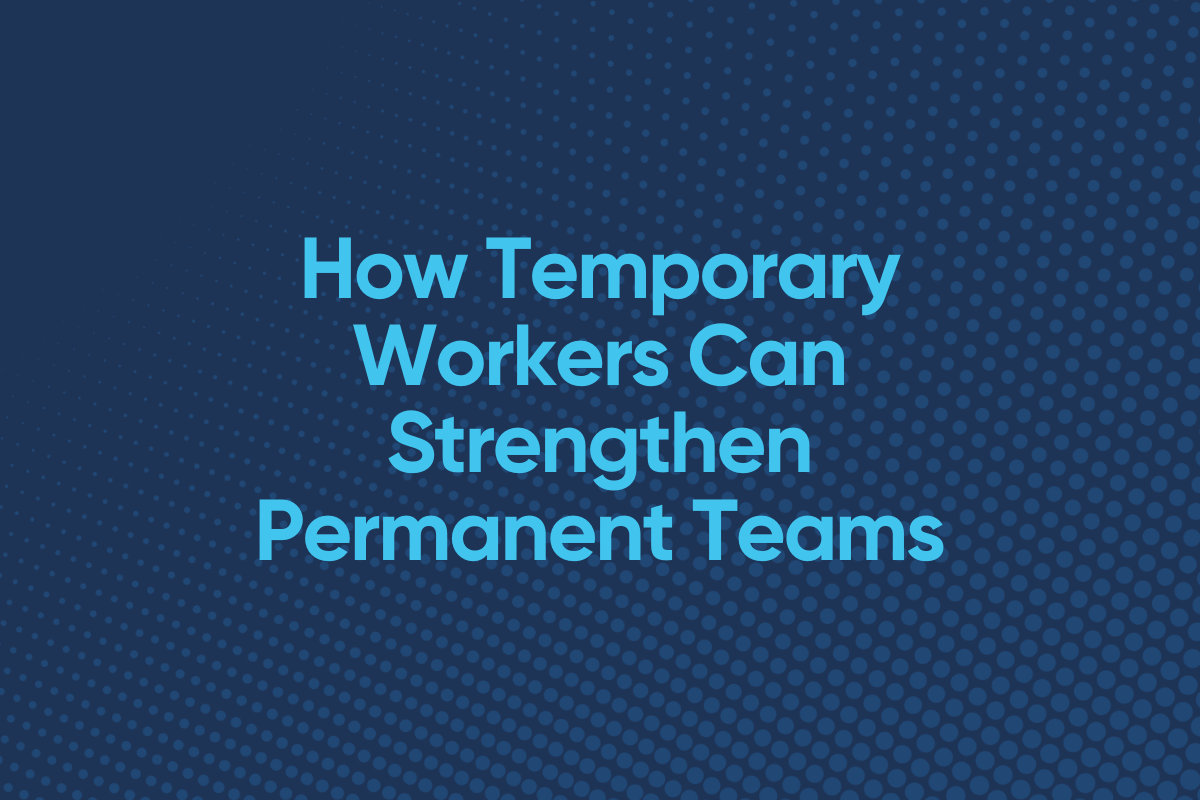

At this moment, hundreds of young people are awaiting and preparing to receive their exam results for their A-Levels. This inevitably stressful moment can be difficult to navigate for both parents and students, with heightened emotions and pressures.
Before your child receives their exam results, we’ve created a guide on how to best help your child navigate receiving their results and some tips on how to handle any setbacks. Most importantly, before anything, take time to have a conversation with them about their expectations, and most critically, give them the reassurance that you’ll be proud of their efforts and will support and help them whatever their results.
Immediately after handing in that final exam paper, the feeling of relief in young people and parents is huge, knowing the hard work is over.
As the weeks pass, a new anxiety can creep in, as everyone waits for results day to come. This moment can feel like limbo, hoping the desired results come in that lead to their ideal next step of their educational journey, or even the first steps in a career. Before the exams they could have done something but now they can only wait.
During this time, some replay and recoil the missed marks, the things they wish they could have remembered or more things they think they failed to do. However your child reacts and responds, it’s important to give them support and help distract them at this time.
Relieving the anxiety can bring a huge relief, not only to this stage of the process, but also at a later stage. In the early stages, help distract your child, and if they want to talk about things, listen to what they have to say. As results day draws closer, it’s important to have a conversation about what they are expecting and what options they have, depending on their results.
If your child is going through GCSEs, make sure you have the number of the college or sixth form they wish to attend, in case their grades are not as planned when they arrive. Whilst you hope to never have to go down this route, also have back up schools or colleges in case their plan ‘A’ is no longer an option. Being prepared can keep the situation calmer, and be resolved quicker and smoother.
If your child is going through A-Levels, talk through what grades are required for each of their conditional University offers. As with GCSEs, equip yourself with information you need to know about how to use the clearing system for UCAS (the admissions system for university) as there may be a lot of competition for places, and have a look at universities with equivalent courses.
Going to university is a big life change in a family, and it’s normal for parents to worry about them getting or not getting a place at the university or college they want, how to pay towards your child’s education, your child leaving home and choosing the right accommodation for your child
Your child may be interested in apprenticeships, in which case, find out as much information as you can so you can give them the best support.
If your child is still feeling really anxious or stressed out waiting for the exam results, suggest relaxation techniques such as exercise or meditation to help them feel calmer. It may do them good to go out and see their friends and enjoy themselves. This will be a good distraction for them.
As results day comes around, we hope that the results your child receives are the ones they wanted.
However, if your child’s exam results aren’t what you were expecting, keep reading.
If the experience has been too stressful or their results were not what they hoped for, young people may feel like giving up as an immediate reaction. You may need to guide them firmly into going back to education and trying again. You do, however, have to keep a careful balance because young people sometimes have a better idea than their parents as to what is good for them. Don’t push them unless it’s clear it is towards something they want to do.
As you guide them through this process, know who to call at the school or college for advice or support. If your child had a place at a college or university on conditional results, have a contact number – you can often negotiate on a lower grade. And know how to get in touch with UCAS (Universities and Colleges Admission Service) to find a place at another university if the first one falls through.
The most critical part of this stage is for parents and children to communicate – and this means both talking and listening to each other. It might help to get an outsider such as a teacher, mediator, youth counsellor or mentor to help.
To finish, the most important thing, is no matter what the results, make sure you celebrate the achievement your child has made. The likelihood is, they worked exceptionally hard, putting in the time to revise, manage their time as well as their fears and emotions. They’re also likely about to start a new adventure, whatever that may be for them, which will come with a new set of challenges, daunting moments and milestones. Taking a moment, to stop and appreciate this moment with them, before they fly the nest for good, is good for everyone, and deserves a celebration.